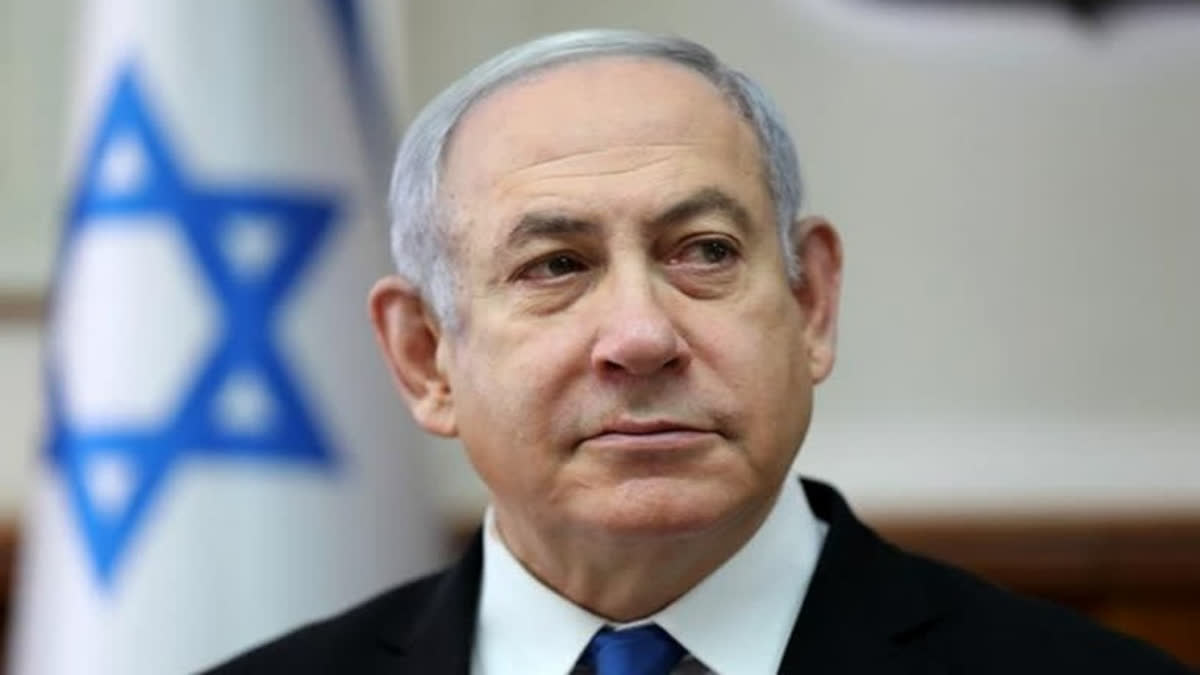New Delhi: In what is being seen as a repeat of the Yom Kippur War almost to the day 50 years ago, Israeli intelligence was caught completely napping when the Hamas militant group launched its attack codenamed ‘Operation Al Aqsa Flood’ on Israel early Saturday morning. On October 6, 1973, which also happened to be the Jewish holy day of Yom Kippur, Egyptian and Syrian tank columns crossed their corresponding ceasefire lines with Israel and entered the Sinai Peninsula and Golan Heights. The Israeli forces were caught completely off guard.
After three days of heavy fighting, Israel halted the Egyptian offensive, resulting in a military stalemate on that front, and pushed the Syrians back to the pre-war ceasefire lines. While Israel was able to regain the offensive after the Yom Kippur War, the massive casualties of the war were seen as then-Israeli Prime Minister Golda Meir’s failure, and she resigned from office in 1974. The Yom Kippur War had cost Israel 2,656 dead soldiers and 7,251 injured. As many as 294 prisoners of war had been captured by the enemy.
In a chilling coincidence, Hamas launched ‘Operation Al Aqsa Flood’ from the Palestinian enclave of Gaza on the eastern coast of the Mediterranean Sea on Saturday, which also happened to be the sacred Jewish holiday of Simchat Torah. Like in 1973, the Israeli intelligence system was caught completely unawares. Reports suggest that the Israeli border surveillance system was jammed prior to the attack. There were multiple breaches of the barrier around the Gaza Strip. It was a carefully coordinated operation involving thousands of rockets, explosives to pierce the border fence, ultralights, motorbikes, cars, drones and even an attack by boat that eventually failed.
The attack pierced Israel’s mobile all-weather air defence system, Iron Dome. The system is designed to intercept and destroy short-range rockets and artillery shells fired from distances of four km to 70 km away and whose trajectory would take them to an Israeli-populated area. While the death toll in Israel due to this intelligence failure was put at between 500 and 600 till the time of filing of this report, the toll in Gaza due to Israel’s retaliatory attacks had crossed 300. The huge death toll in Israel will lead to a lot of bloodletting in Israel where there is already a lot of domestic political turmoil after the far-right coalition government led by Prime Minister Benjamin Netanyahu came to power. It will involve the careers of intelligence and military officials whose systems completely failed to detect the attack in advance. So, like in the case of Golda Meir, will Netanyahu’s leadership now be threatened?
Also read:Independent Palestine state only solution, says Chinese Foreign Ministry spokesperson
“Let us look at this in two separate ways,” Talmiz Ahmad, former Indian Ambassador to Saudi Arabia and the United Arab Emirates (UAE), told ETV Bharat. “Netanyahu affiliated himself with the extreme right-wing elements in his country – the extreme right religious elements and the extreme right nationalistic elements. These elements used to be marginal in the country, but Netanyahu brought them into the mainstream.” Ahmad said that Netanyahu had to bring in these elements as he needed to be in government largely to protect himself from criminal prosecution.
“He also needs their help to bring about changes in the country’s constitution so that the Supreme Court’s power to implement Israeli law, which would enable the prosecution of the Prime Minister will be diluted,” he explained. Netanyahu is facing trial in court following investigations into allegations of bribery, fraud and breach of trust by him and close political allies within his inner circle during his fourth and fifth terms as Israel’s Prime Minister. The Israel police began investigating Netanyahu in December 2016 and subsequently recommended indictments against him. In November 2019, Netanyahu was officially indicted for breach of trust, accepting bribes and fraud, leading him to legally relinquish his ministry portfolios other than the Prime Minister. Netanyahu's trial in the Jerusalem District Court began in May 2020, with witness testimony starting in April 2021. The criminal trial is still going on.
Netanyahu is seeking to change the country’s judicial system and the balance of powers. The Israeli judicial reform was proposed in January 2023 and passed in July 2023. It seeks to curb the judiciary’s influence over lawmaking and public policy by limiting the Supreme Court’s power to exercise judicial review, granting the government control over judicial appointments and limiting the authority of its legal advisors. This has led to widespread public protests across Israel.
